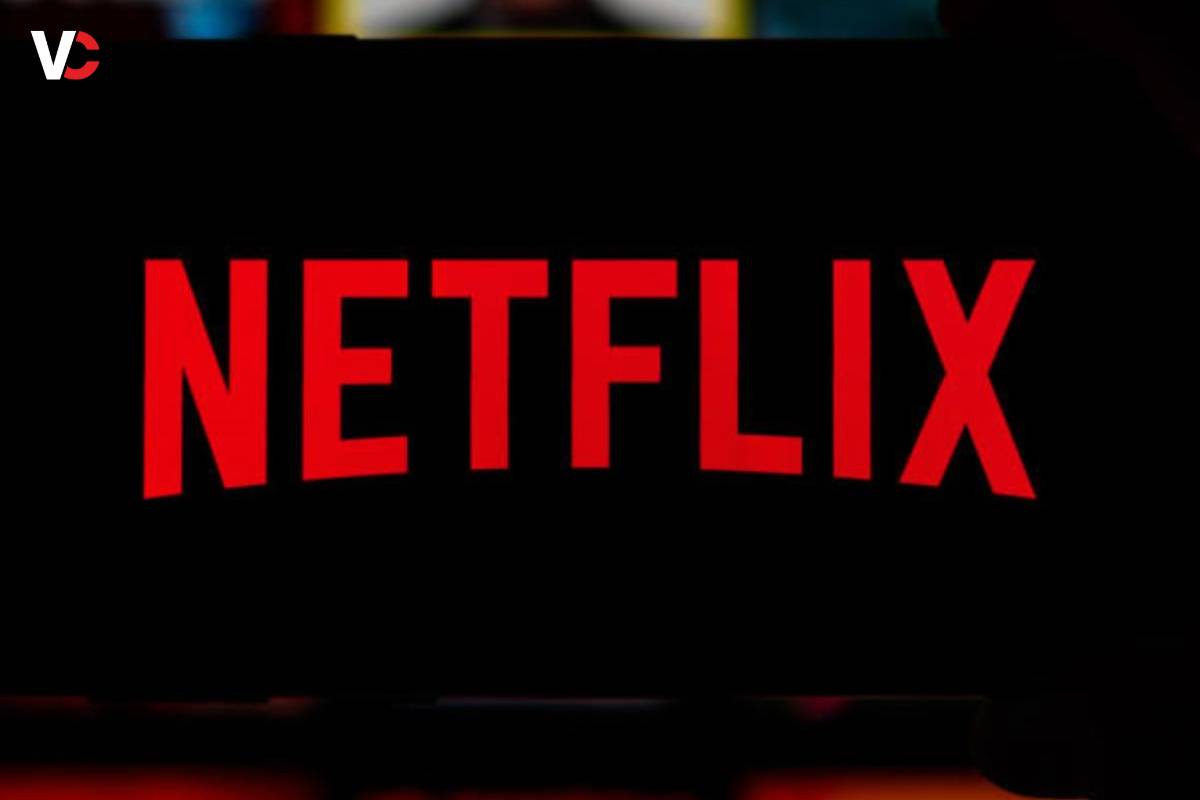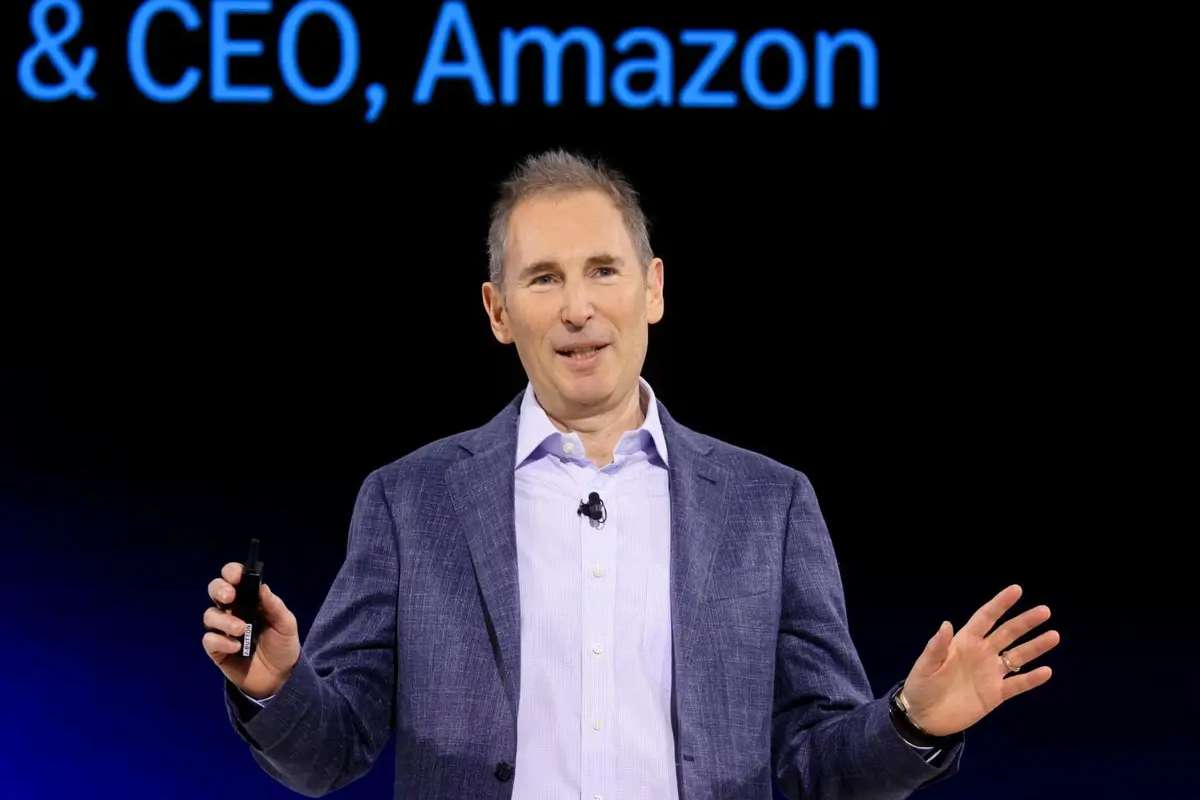In a recent development, Netflix has sparked outrage among its viewers by announcing the discontinuation of its Basic ad-free plan in the United Kingdom and Canada by the end of 2024. Subscribers of this Netflix subscription plan were informed via email about the upcoming change, which will see them automatically shifted to the lowest tier, incorporating ads during series and movies. This move has triggered a wave of discontent among users who have threatened to cancel their Netflix subscriptions in response to the altered viewing experience.
Changes and Financial Implications
Effective June 4 in the U.K. and Canada, the transition to the new system will come with some alterations aimed at making the shift more palatable to users. Netflix revealed that alongside the inclusion of ads, the basic video quality, currently set at 720p, will be upgraded to HD for all users. While this enhancement promises a better visual experience for viewers, it also means that the ads incorporated into the content will be of higher quality, potentially amplifying their impact.
Financial considerations appear to be driving these changes, as indicated by Netflix’s projected earnings. With a forecasted $1 billion in advertising revenue for the current year, representing a substantial 50% increase from 2023, the company seems intent on leveraging ad-supported content to bolster its financial standing.
Impact on Netflix Subscription Plans and User Experience
Following the alteration, the Netflix subscription landscape in the U.K. and Canada will witness a significant shift. The Basic plan, previously ad-free, will no longer be an option, leaving subscribers with two ad-free alternatives: the Standard and Premium plans. While these options offer uninterrupted viewing experiences, they come at higher price points, potentially alienating budget-conscious consumers.
The company’s strategy to enhance revenue streams through ads and Netflix subscription adjustments might yield short-term financial gains. However, the imposition of unpopular changes and the erosion of consumer trust raise concerns about the long-term sustainability of Netflix’s business model.
Furthermore, Netflix’s policies on subscription plans and password sharing have become more stringent, signaling a departure from its earlier user-friendly approach. With additional charges for extra member slots and tightened rules on password sharing, the streaming giant risks alienating its user base and facing further backlash.
As Netflix navigates this delicate balance between financial viability and user satisfaction, the repercussions of its decisions remain uncertain, casting a shadow over the future of the streaming platform.
Also Read: Netflix Profits Soar amid Crackdown on Password Sharing











